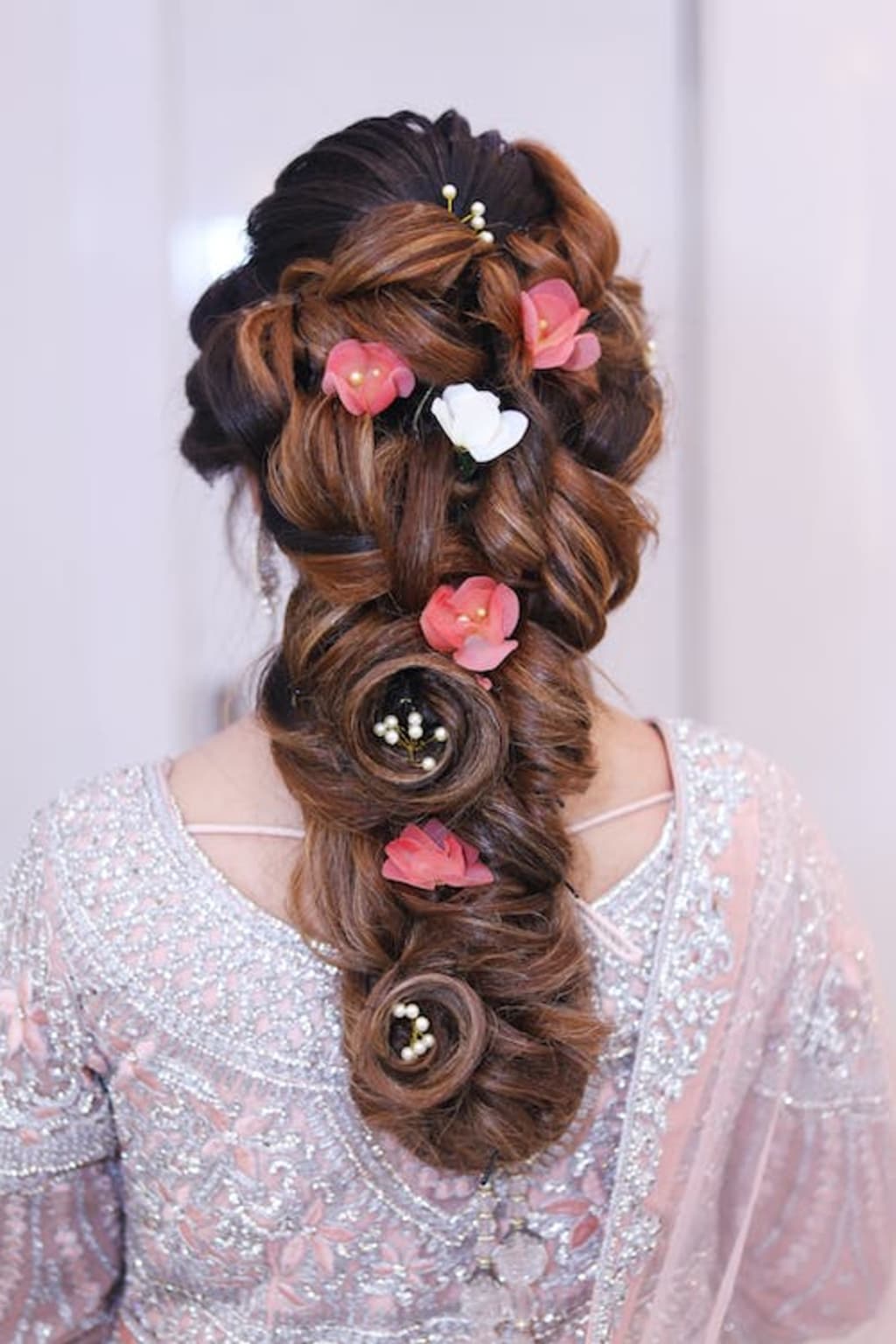12 Simple and Very Powerful Home Remedies to Prevent and Regrow Hair Loss
The Devastating Experience of Hair Loss

Losing hair can be a devastating experience, and before considering medication with potential side effects, it's important to explore natural remedies. In this article, we will discuss twelve highly effective and affordable solutions that can help you prevent hair loss and stimulate regrowth. By incorporating these remedies into your routine, you can take control of your hair health and regain your confidence. So grab a pen and paper, and let's dive into these simple yet powerful techniques.
Natural Remedies vs. Medication: Why Try Natural First?
When faced with hair loss, it's essential to consider natural remedies before resorting to medication. Many medications used to treat hair loss work by inhibiting the enzyme 5-alpha reductase, which converts testosterone into dihydrotestosterone (DHT). Excess DHT can lead to hair follicle damage and subsequent hair loss. However, these medications often come with side effects, making natural remedies a preferable initial choice.
The Impact of Fluoride in Water on Hair Loss
One often overlooked factor contributing to hair loss is the presence of fluoride in tap water. While fluoride is known for its dental benefits, it can have detrimental effects on hair health and even cause acne. To mitigate this issue, consider using a shower head with a fluoride filter. This simple change can help protect your hair from the damaging effects of fluoride, allowing it to grow healthier and stronger.
1. The Role of Sulfates in Shampoo and Hair Loss
Sulfates, commonly found in many shampoos, can wreak havoc on your hair health. These harsh detergents strip away natural oils, leading to dryness and breakage. Since hair is primarily composed of protein, exposing it to sulfate-based shampoos can result in protein destruction and hinder hair growth. Switching to a sulfate-free shampoo can significantly improve hair health, reduce hair loss, and promote regrowth.
.
2. Understanding Hair Loss Mechanism and DHT
To effectively address hair loss, it's important to understand its underlying mechanism. One key factor is the hormone dihydrotestosterone (DHT), which is derived from testosterone through the action of the enzyme 5-alpha reductase. Excessive DHT levels can bind to hair follicles, causing them to shrink and eventually stop producing hair. This process is known as miniaturization.
3. Natural Inhibitors of 5-alpha Reductase Enzyme
To combat hair loss caused by DHT, natural inhibitors of the 5-alpha reductase enzyme can be beneficial. Here are some powerful options:
Onion Juice: Studies have shown that applying onion juice to the scalp can help increase hair growth and reduce hair loss. Onion juice contains sulfur compounds that possess 5-alpha reductase inhibitory properties, making it an effective natural remedy.
Green Tea: Green tea is rich in antioxidants and contains a catechin called epigallocatechin gallate (EGCG), which has been found to inhibit the 5-alpha reductase enzyme. Consuming green tea or applying it topically can help reduce DHT levels and promote hair growth.
Rosemary Oil: Rosemary oil has been shown to have similar effects to minoxidil, a medication commonly used for hair loss. It works by stimulating hair follicles and inhibiting 5-alpha reductase activity. Massaging the scalp with rosemary oil can improve circulation and promote hair growth.
Zinc: Zinc is an essential mineral that plays a crucial role in hair health. It helps regulate hormone levels and supports the proper functioning of enzymes, including 5-alpha reductase. Ensuring adequate zinc levels through diet or supplementation can help prevent hair loss.
4. Apple Cider Vinegar for Scalp Health
Maintaining a healthy scalp is crucial for promoting hair growth. Apple cider vinegar can be used as a natural remedy to restore the pH balance of the scalp and remove buildup from hair products. Dilute apple cider vinegar with water and use it as a final rinse after shampooing. This helps remove residue, reduce scalp inflammation, and improve overall hair health.
5. Protein and Ketogenic Diet's Impact on Hair Loss
Protein is an essential component for hair growth, as hair is primarily made of a protein called keratin. A diet lacking in protein can lead to weakened hair follicles and increased hair loss. Incorporating high-quality protein sources such as lean meats, fish, eggs, legumes, and nuts into your diet can provide the necessary building blocks for healthy hair growth.
Additionally, adopting a ketogenic diet, which focuses on high-fat, moderate-protein, and low-carbohydrate intake, may have positive effects on hair loss. This diet promotes ketosis, a metabolic state in which the body burns fat for energy instead of glucose. Ketones produced during ketosis have been found to have protective effects on hair follicles, reducing hair loss.
6. The Importance of Trace Minerals and B Vitamins
Trace minerals and B vitamins play crucial roles in maintaining healthy hair. Zinc, selenium, iron, and biotin are essential for hair growth and preventing hair loss. Foods rich in these nutrients include oysters, pumpkin seeds, spinach, lentils, beef, and eggs. Additionally, B vitamins, such as Biotin (B7), Niacin (B3), and Cobalamin (B12), support hair health and can be obtained through a balanced diet or supplements.
7. Cruciferous Vegetables and Estrogen Regulation
Imbalances in hormone levels, particularly elevated levels of estrogen, can contribute to hair loss. Cruciferous vegetables such as broccoli, cauliflower, and cabbage contain compounds called indoles and sulforaphane, which can help regulate estrogen levels in the body. These compounds support the conversion of harmful forms of estrogen into less potent forms, reducing the risk of hormonal imbalances that may contribute to hair loss.
8. Stress Management and Hair Loss
Chronic stress can have detrimental effects on overall health, including hair health. Stress triggers the release of hormones like cortisol, which can disrupt the hair growth cycle and lead to increased hair shedding. Implementing stress management techniques such as regular exercise, meditation, deep breathing exercises, and engaging in activities that promote relaxation can help reduce stress levels and minimize hair loss.
9. Scalp Massage and Improved Blood Circulation
Massaging the scalp regularly can improve blood circulation to the hair follicles, nourishing them with essential nutrients and oxygen. This increased blood flow can stimulate hair growth and help prevent hair loss. Gently massage your scalp using circular motions with your fingertips for a few minutes each day, or consider using a scalp massager tool to enhance the effects.
10. Aloe Vera for Scalp Health and Hair Growth
Aloe vera is known for its soothing and healing properties, making it beneficial for maintaining a healthy scalp. It can help reduce scalp inflammation, balance pH levels, and promote hair growth. Extract the gel from an aloe vera leaf and apply it directly to the scalp. Leave it on for about 30 minutes before rinsing off with lukewarm water. Regular use of aloe vera can improve scalp health and contribute to stronger, healthier hair.
11. Avoiding Heat and Chemical Damage
Excessive heat styling and exposure to harsh chemicals can damage the hair shaft, leading to breakage and hair loss. Limit the use of hot styling tools such as flat irons, curling irons, and blow dryers. When using heat styling tools, always apply a heat protectant spray to minimize damage. Similarly, reduce the use of chemical treatments like relaxers, perms, and excessive hair dyeing, as these can weaken the hair and contribute to hair loss.
12. Seeking Professional Advice
If you're experiencing significant hair loss or if your hair loss is causing distress, it's important to seek professional advice from a dermatologist or a trichologist. They can evaluate your specific condition, provide a proper diagnosis, and recommend appropriate treatment options tailored to your needs. They may suggest medications like minoxidil or finasteride, or other advanced treatments such as laser therapy or hair transplantation, depending on the severity and underlying cause of your hair loss.
Remember, promoting hair growth and preventing hair loss often requires a comprehensive approach that combines lifestyle modifications, dietary changes, natural remedies, and, in some cases, medical interventions. It's essential to be patient and consistent in implementing these strategies to achieve the best possible results.
About the Creator
ILYAS KHAN
Welcome to my heart.
✨Where everything is possible. ❤️🔥
Thank you all for reading my content! 💫
Don’t forget to tap the tiny heart, comment, & subscribe for more content. 💕💕
I will be sure to send love back to you. 💚





Comments
There are no comments for this story
Be the first to respond and start the conversation.